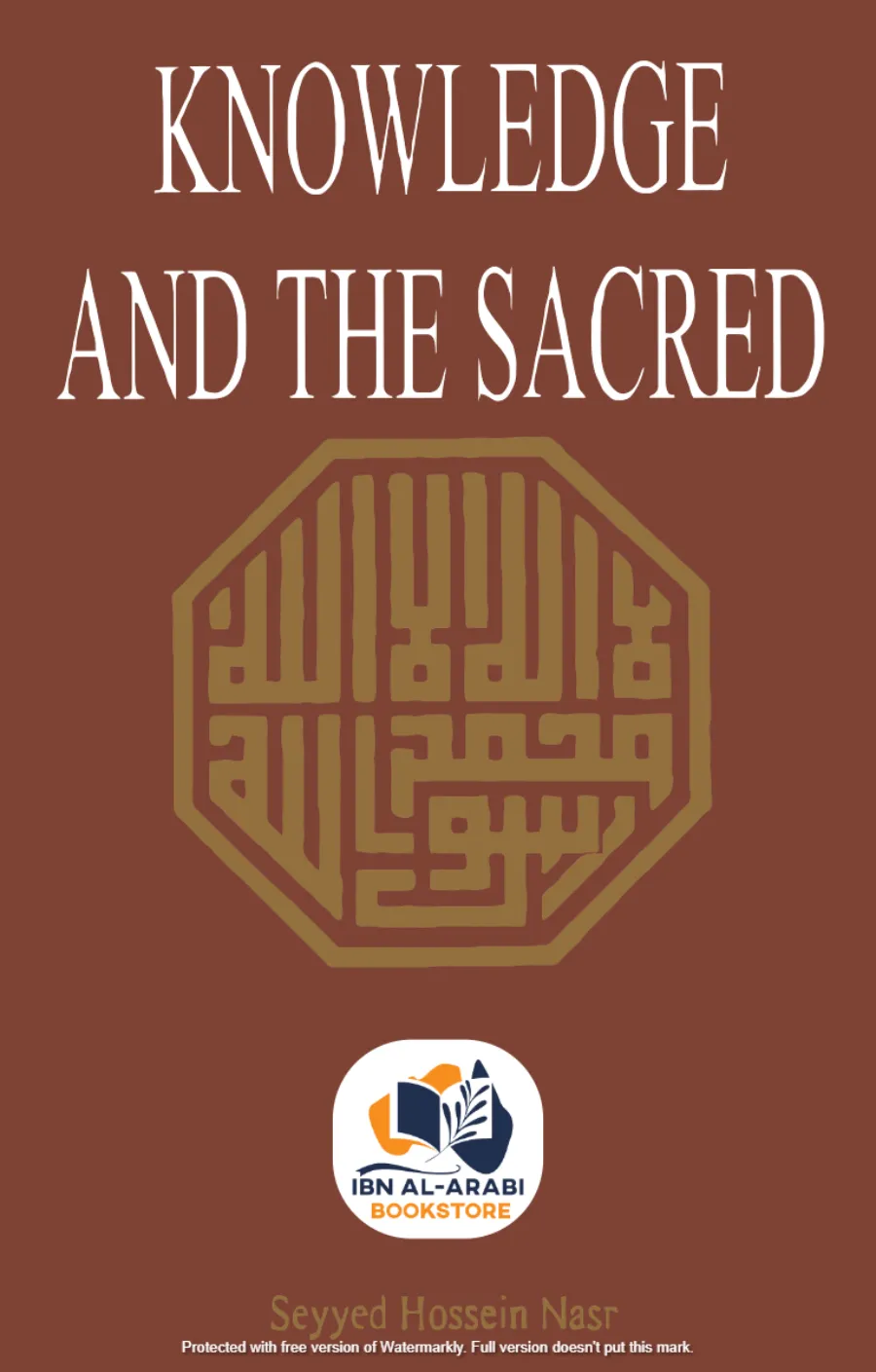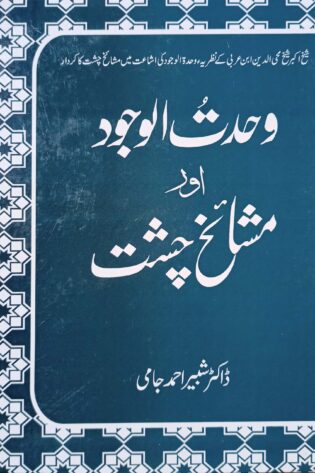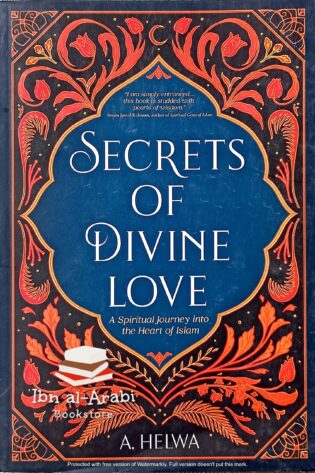- Your cart is empty
- Continue Shopping

Knowledge and the Sacred | Sayyed Hussain Nasr
₨ 1,150
Add to cart₨ 1,150
Availability: 2 in stock
“This remarkably comprehensive, indeed magisterial, exposition and analysis of sacred tradition as such, illuminated by innumerable expressions of traditional wisdom both primal and historical from East and West, constitutes Seyyed Hossein Nasr’s basic text from which he delivered the Gifford Lectures in Edinburgh in 1981. The ten chapters of Knowledge and the Sacred unfold and develop in a brilliant and creative manner, each preparing for and then illuminating the next in such an organic way that at the conclusion of the total work one has the sense not just of having learned about the multiple levels and dimensions of sacred worlds, but of having experienced integrally something of the beauty and truth of such worlds.” ― Parabola
“As for the book at hand, if its author is a phenomenon, this latest book is an event. If we are looking for clear signs of a new day, one in which the West is seriously trying to globalize its outlook, here is one that can be pinpointed. Looking back on Knowledge and the Sacred, intellectual historians may one day rank it with William of Moerbeke’s Latin translations of Aristotle in the thirteenth century, Marsiglio Ficino’s of Plato in the fifteenth, or D.T. Suzuki’s 1927 Essays in Zen Buddhism as a landmark showing that a new stage in cross-cultural understanding has been achieved.” ― Huston Smith
“Nasr is no proselytizer; it is not a question of yet another of the far too numerous self-appointed purveyors of bogus Eastern wisdom, but rather of a scholar of the first rank who has gained wide international recognition. He does not bid us forsake our primary traditional heritages, but rather to drink more deeply from our own wells. The immense breadth of evidence presented is drawn from the teachings of many traditions, but the correlation of many differing points of view―never done artificially or syncretistically―will make these doctrines accessible to readers from many diverse backgrounds.” ― Perspectives in Religious Studies
About the Author
Seyyed Hossein Nasr is University Professor of Islamic Studies at George Washington University. He is the author of many books, including Islamic Art and Spirituality, Islamic Life and Thought, and Sufi Essays, and the editor of Expectation of the Millennium: Shi’ism in History and Shi’ism: Doctrines, Thought, and Spirituality, also published by SUNY Press.

| Weight | 0.5 kg |
|---|---|
| Publisher | Suhail Academy |
You must be logged in to post a review.
Shipping & Returns Policy
Shipping
Pakistan, Major Cities: 1-3 working days
Villages and Small Cities: 2-4 working days
Order before 2.30pm and your order will be dispatched on the same
working day (Mon-Fri excluding public holidays).
We will ship your order from Call Courier Service.

Returns & Exchanges
All returns must be postmarked within seven (7) days of the purchase date. All returned items must be in new and unused condition, with all original tags and labels attached.
To return an item, please email customer service at admin@ibnularabibooks.com
Please place the item securely in its original packaging and include your proof of purchase, and mail your return to the following address:
Ibn Al Arabi Foundation
ho no 123 st 7 Ch Jan Colony Chaklala scheme 3
Rawalpindi, Punjab,
Please note, you will be responsible for all return shipping charges. We strongly recommend that you use a trackable method to mail your return.
Damaged or Defective Products
Please return any item purchased from ibnularabibooks.com that arrives to you damaged or defective, or isn’t what you have ordered.









Reviews
There are no reviews yet.